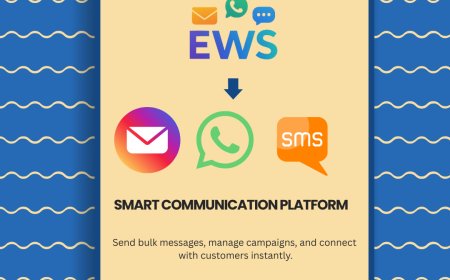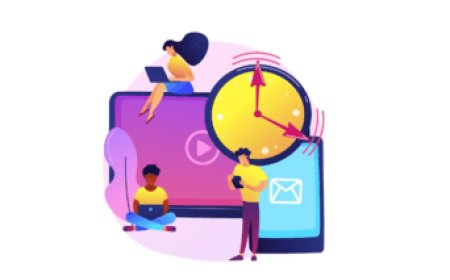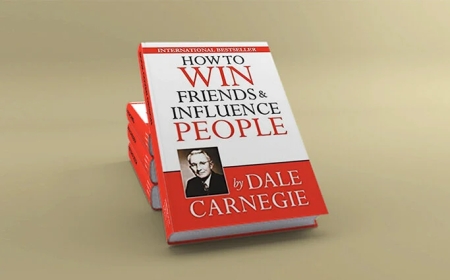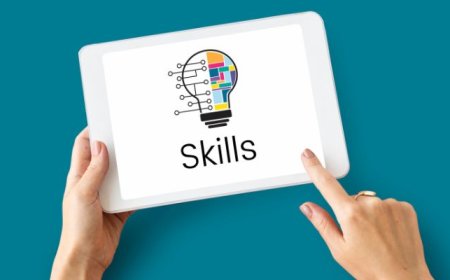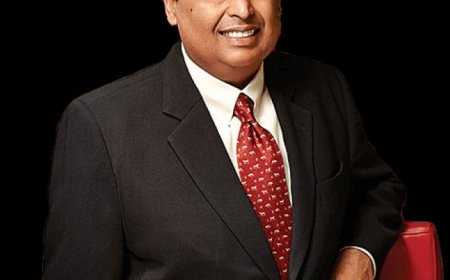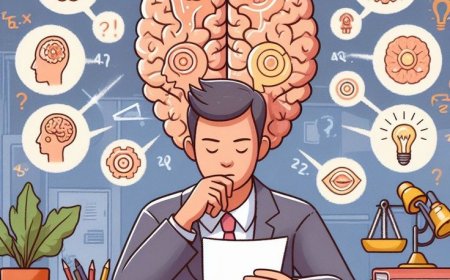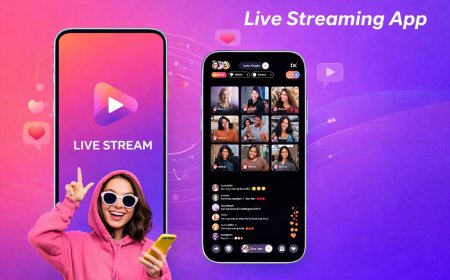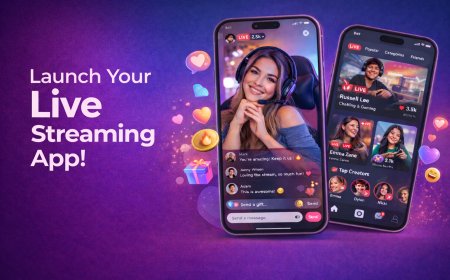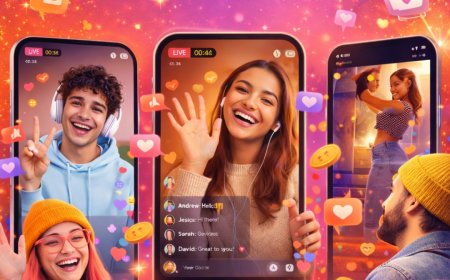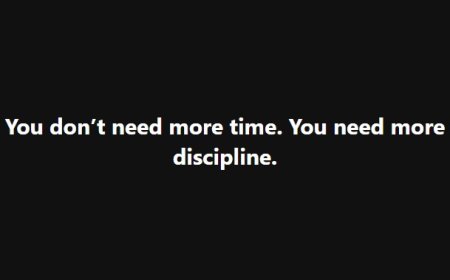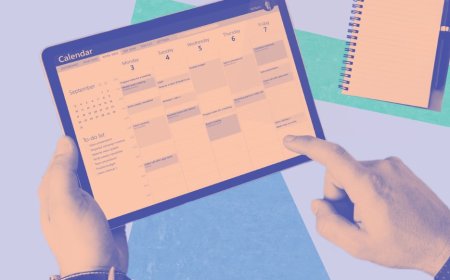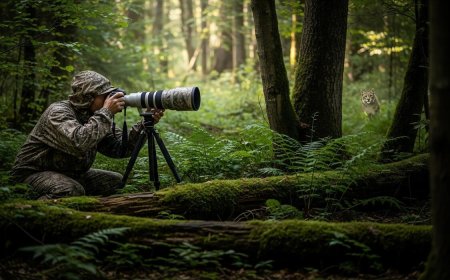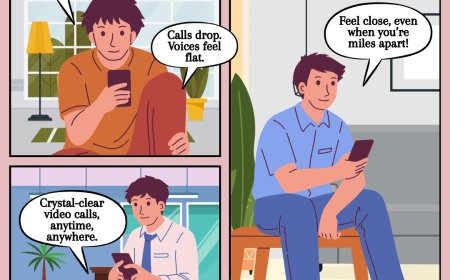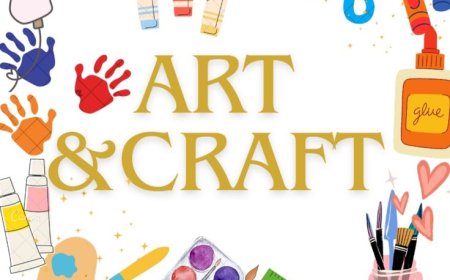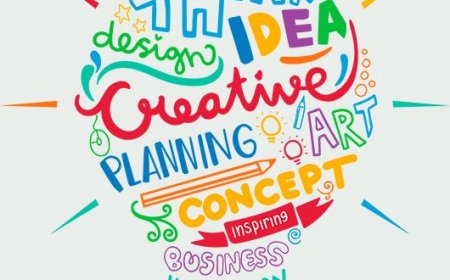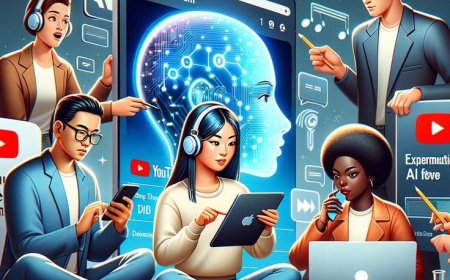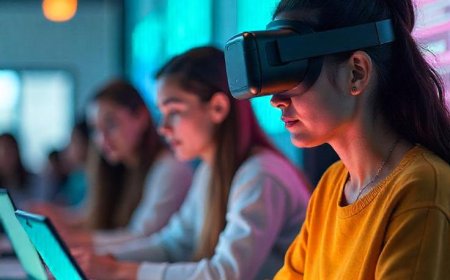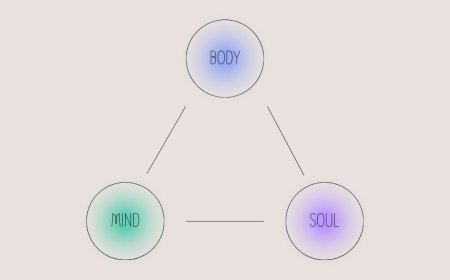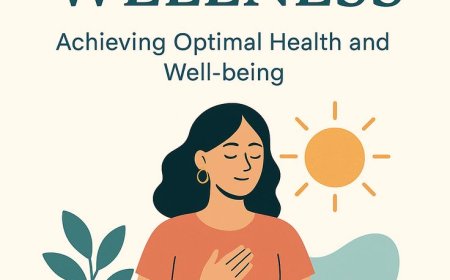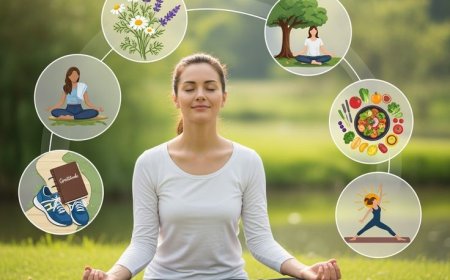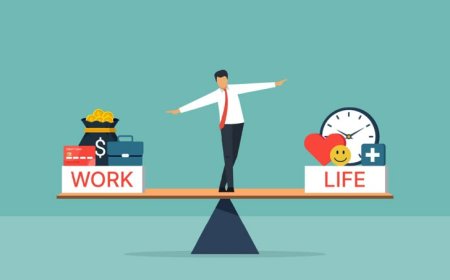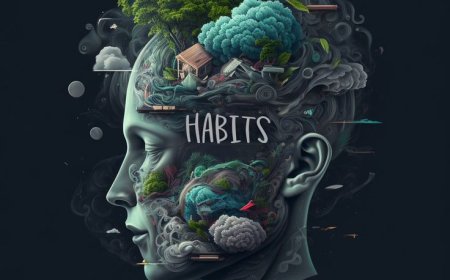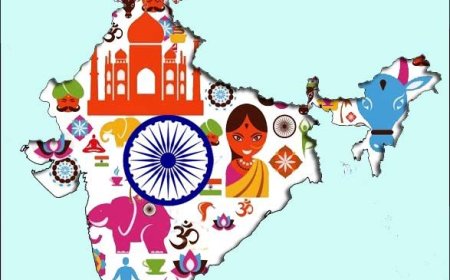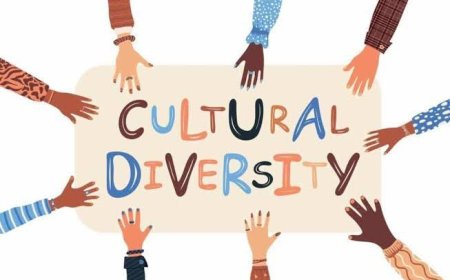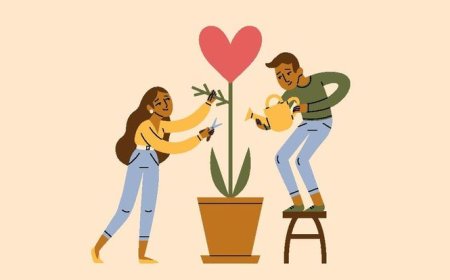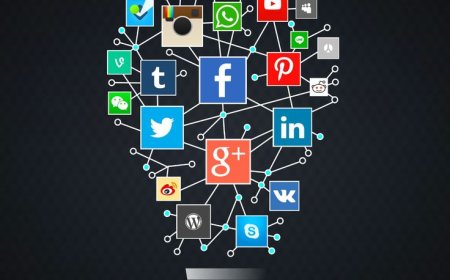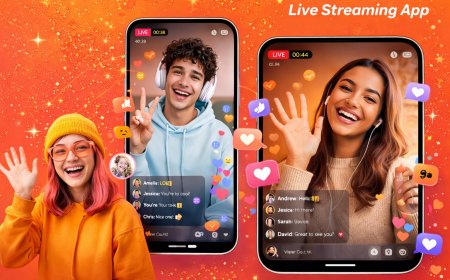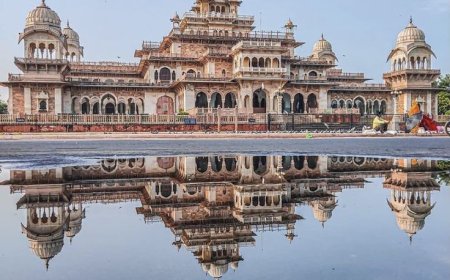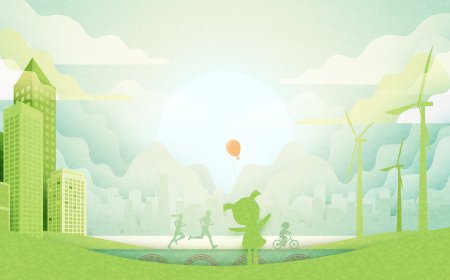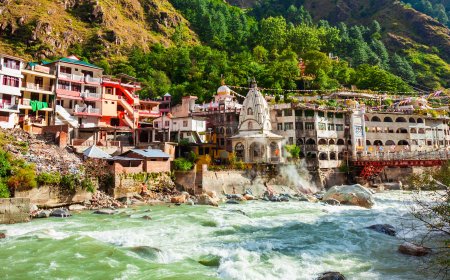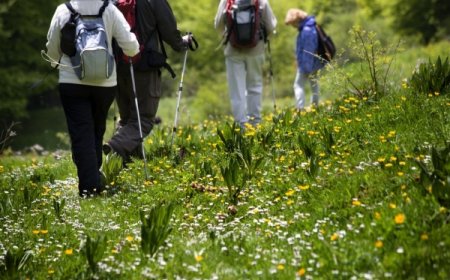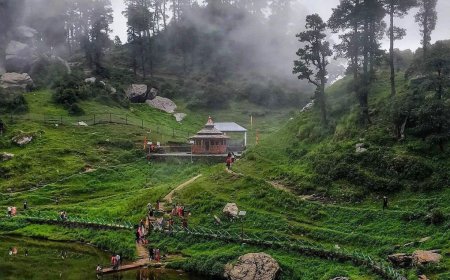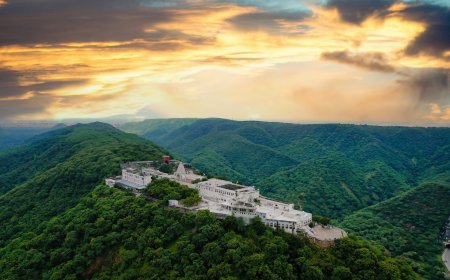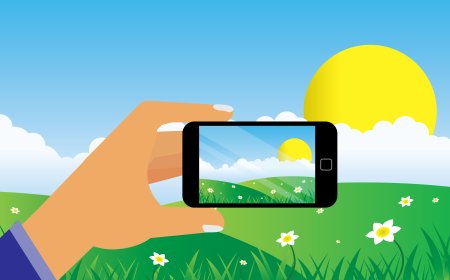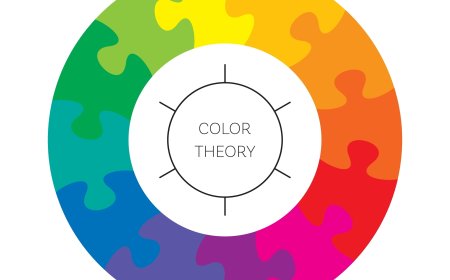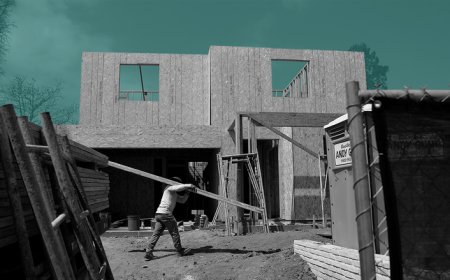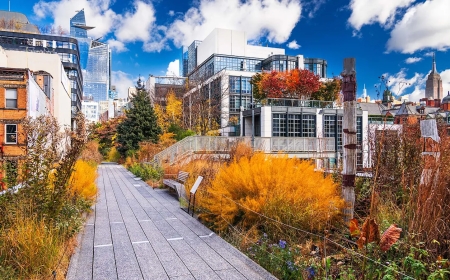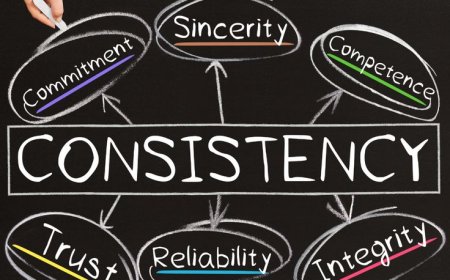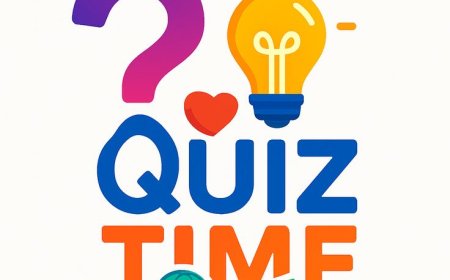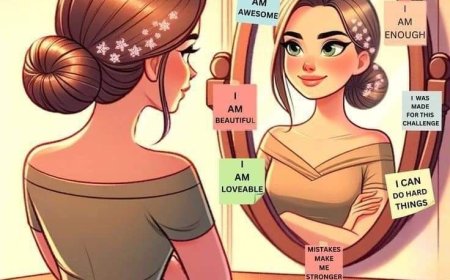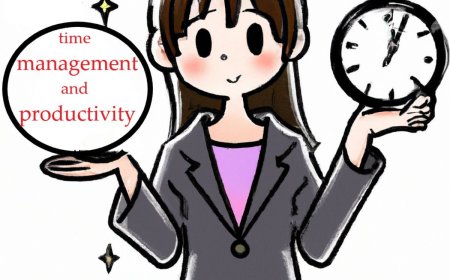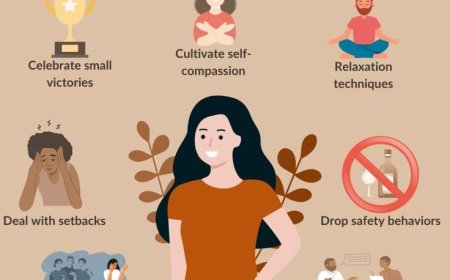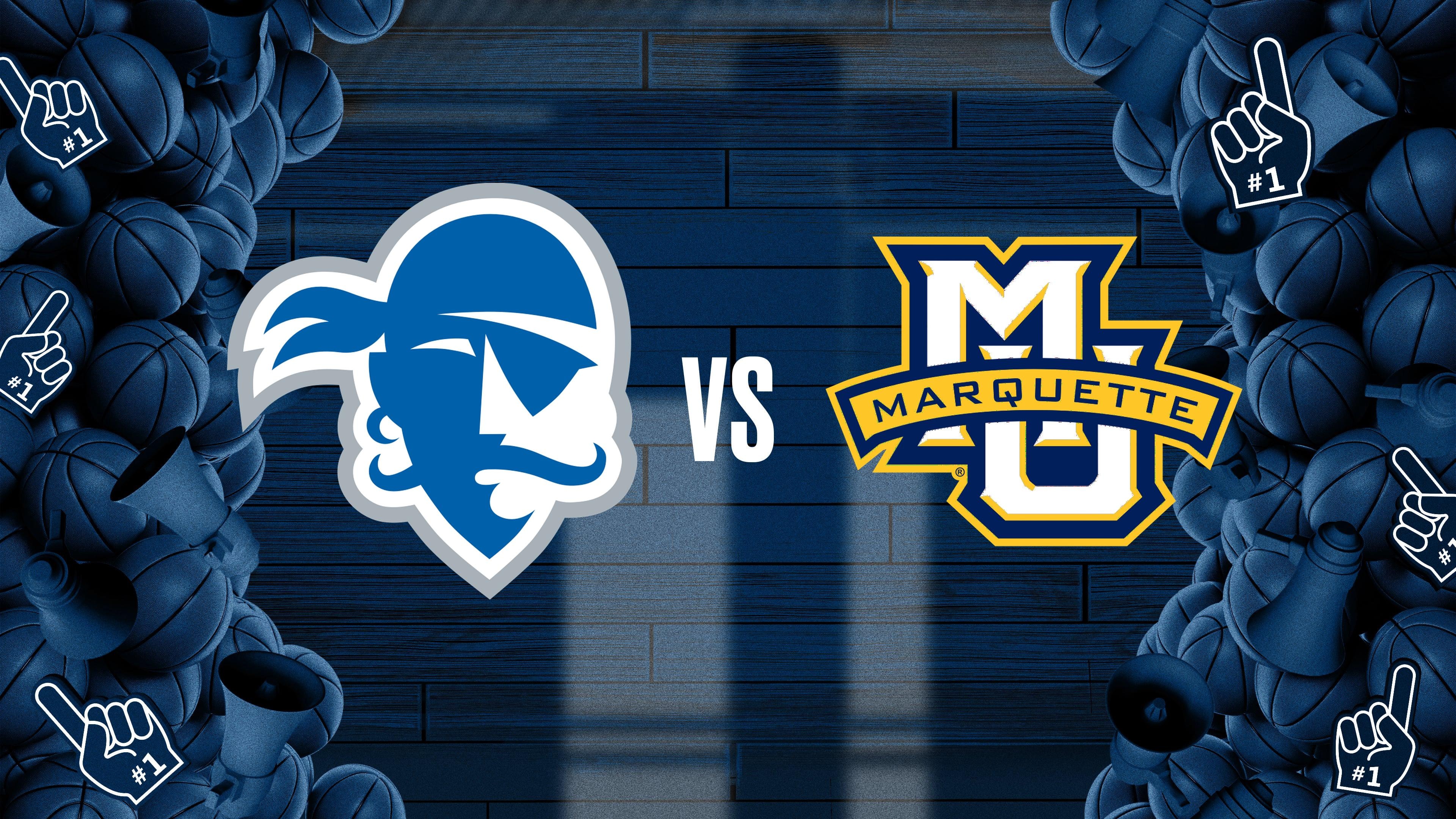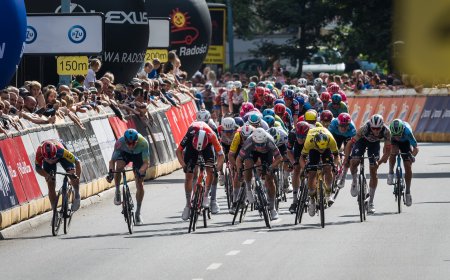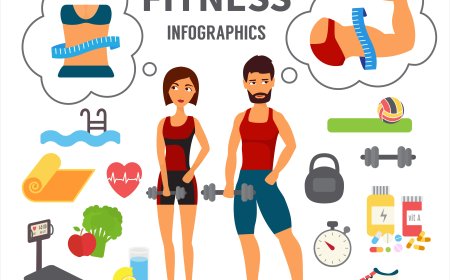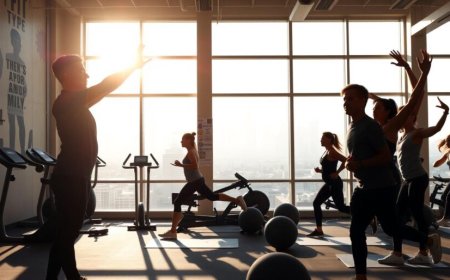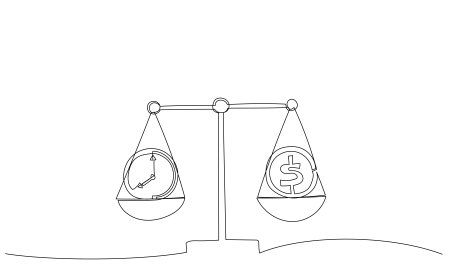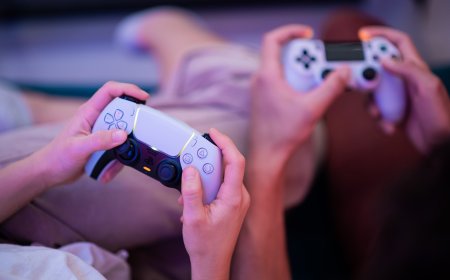The Role of Recreation in Maintaining Work-Life Balance
Recreation plays a powerful role in helping people maintain a healthy work-life balance by providing physical, mental, and emotional relief from the pressures of daily routines. Engaging in recreational activities—such as sports, outdoor adventures, hobbies, fitness sessions, or creative pursuits—allows individuals to disconnect from work stress, recharge their energy, and return to tasks with improved focus and productivity. These activities not only reduce burnout but also enhance overall well-being, strengthen relationships, and promote a more positive lifestyle. By making time for recreation, individuals can achieve harmony between their professional responsibilities and personal happiness.

The Role of Recreation in Maintaining Work-Life Balance

Maintaining a healthy work-life balance has become increasingly challenging in today’s fast-paced world. With long working hours, digital distractions, and constant connectivity, many people struggle to find time for themselves. This imbalance often leads to stress, burnout, and reduced productivity. However, recreation—whether it’s physical activity, outdoor adventure, or creative hobbies—plays a crucial role in restoring balance and improving overall well-being. By intentionally making room for recreational activities, individuals can refresh their bodies, minds, and emotions, creating a more fulfilling and harmonious lifestyle.
Understanding Work-Life Balance

Work-life balance refers to the ability to manage professional duties and personal life without feeling overwhelmed. It is not just about splitting hours evenly between work and leisure; rather, it is about maintaining harmony between responsibilities, relaxation, relationships, and personal growth. Recreation acts as a buffer that protects individuals from the negative effects of overworking and helps them stay grounded.
Recreation as a Stress Reliever

One of the most important roles of recreation is stress reduction. Engaging in enjoyable activities triggers the release of endorphins—the body's natural mood enhancers—which help relieve stress and anxiety. Whether it’s going for a walk, playing a sport, painting, gardening, or listening to music, recreation provides a mental break that resets the mind. This “reset button” effect prevents emotional exhaustion and reduces the risk of burnout.
Boosting Physical and Mental Health

Recreational activities, especially physical ones, contribute significantly to improving health. Regular movement strengthens the heart, improves flexibility, boosts energy levels, and promoting better sleep. But recreation doesn’t only benefit the body; it also enhances mental clarity. Activities like yoga, swimming, or dancing encourage mindfulness and help individuals connect with their inner selves. Even simple activities such as reading or cooking can refresh the mind and elevate mood. A healthier mind and body directly support better performance at work and higher satisfaction in personal life.
Enhancing Productivity and Creativity

Many people underestimate how recreation boosts productivity. Taking breaks through recreational activities helps the brain recover from continuous focus and stimulation. After engaging in something enjoyable, individuals often return to work with renewed energy, sharper focus, and greater creative thinking. This helps improve problem-solving skills and overall job performance. Companies that encourage recreational breaks—such as short walks, team sports, or relaxation zones—often witness improved employee morale and productivity.
Strengthening Social Connections

Recreation also promotes social bonding, which is essential for emotional well-being. Participating in group activities like sports, hiking trips, or dance classes creates opportunities to meet new people, strengthen friendships, and build supportive connections. Social interactions during recreation can reduce feelings of isolation, which are common among people with high workloads. Strong relationships play a vital role in achieving balance, as they provide emotional support and encourage a healthier lifestyle.
Encouraging Personal Growth
 Recreational activities allow individuals to explore new interests, develop skills, and discover hidden talents. Whether it’s learning an instrument, mastering photography, or trying a new sport, recreation contributes to personal growth and fulfillment. These experiences nurture confidence, creativity, and a sense of accomplishment beyond the workplace. Personal development outside of work is essential for maintaining a well-rounded life.
Recreational activities allow individuals to explore new interests, develop skills, and discover hidden talents. Whether it’s learning an instrument, mastering photography, or trying a new sport, recreation contributes to personal growth and fulfillment. These experiences nurture confidence, creativity, and a sense of accomplishment beyond the workplace. Personal development outside of work is essential for maintaining a well-rounded life.
Recreation as a Tool for Work-Life Integration

Incorporating recreation into daily or weekly routines does not require major lifestyle changes. Simple habits—such as taking evening walks, scheduling weekend trips, joining a fitness class, or dedicating time to a hobby—can significantly improve overall quality of life. Recreation helps individuals switch off from work mode and be fully present in their personal lives. Over time, this balance can lead to greater happiness, reduced stress, and more meaningful connections both at work and at home.
Conclusion
Recreation is far more than a leisure activity—it is a vital component of maintaining work-life balance. By offering stress relief, boosting physical and mental health, enhancing creativity, strengthening relationships, and promoting personal growth, recreation helps individuals lead healthier and more satisfying lives. In a world that demands constant productivity, taking time for recreational activities is not a luxury but a necessity. When people make room for recreation, they not only improve their well-being but also bring more energy, clarity, and positivity into every aspect of their lives.
What's Your Reaction?
 Like
0
Like
0
 Dislike
0
Dislike
0
 Love
0
Love
0
 Funny
0
Funny
0
 Angry
0
Angry
0
 Sad
0
Sad
0
 Wow
0
Wow
0





